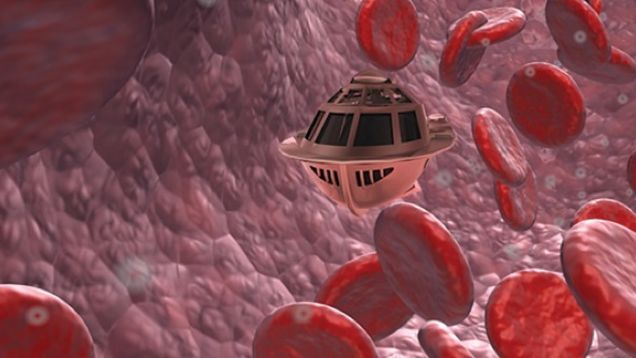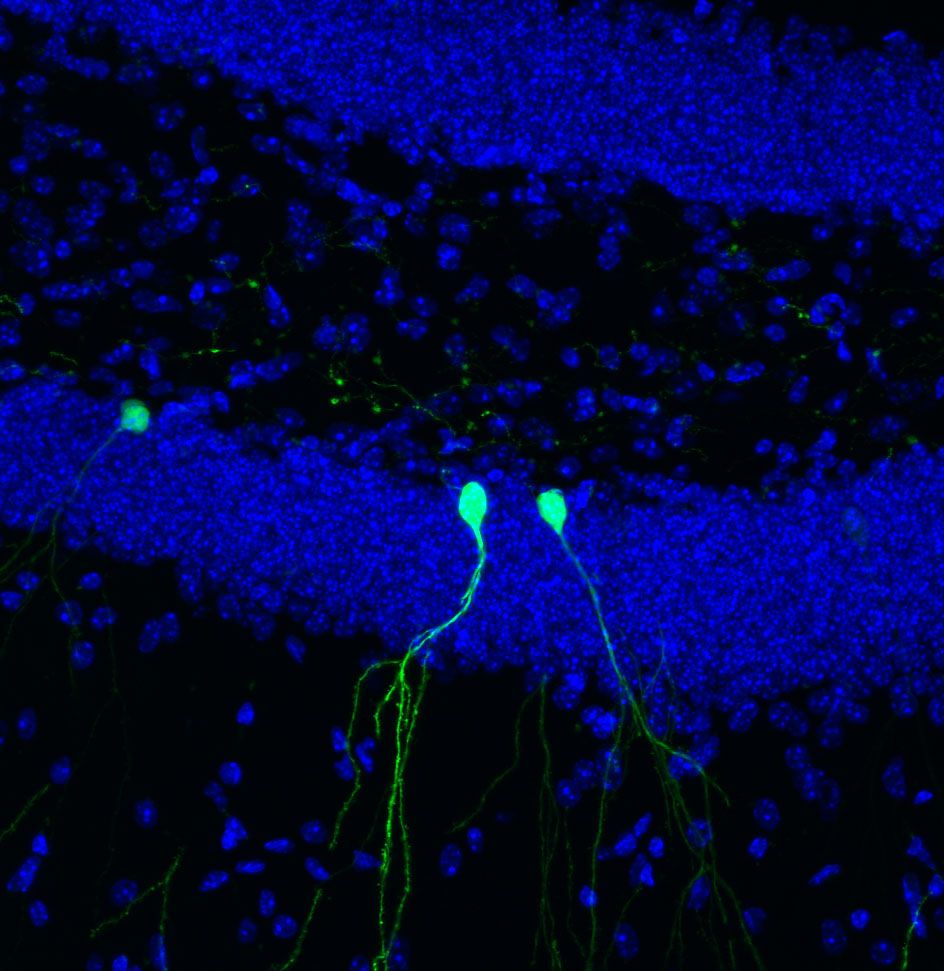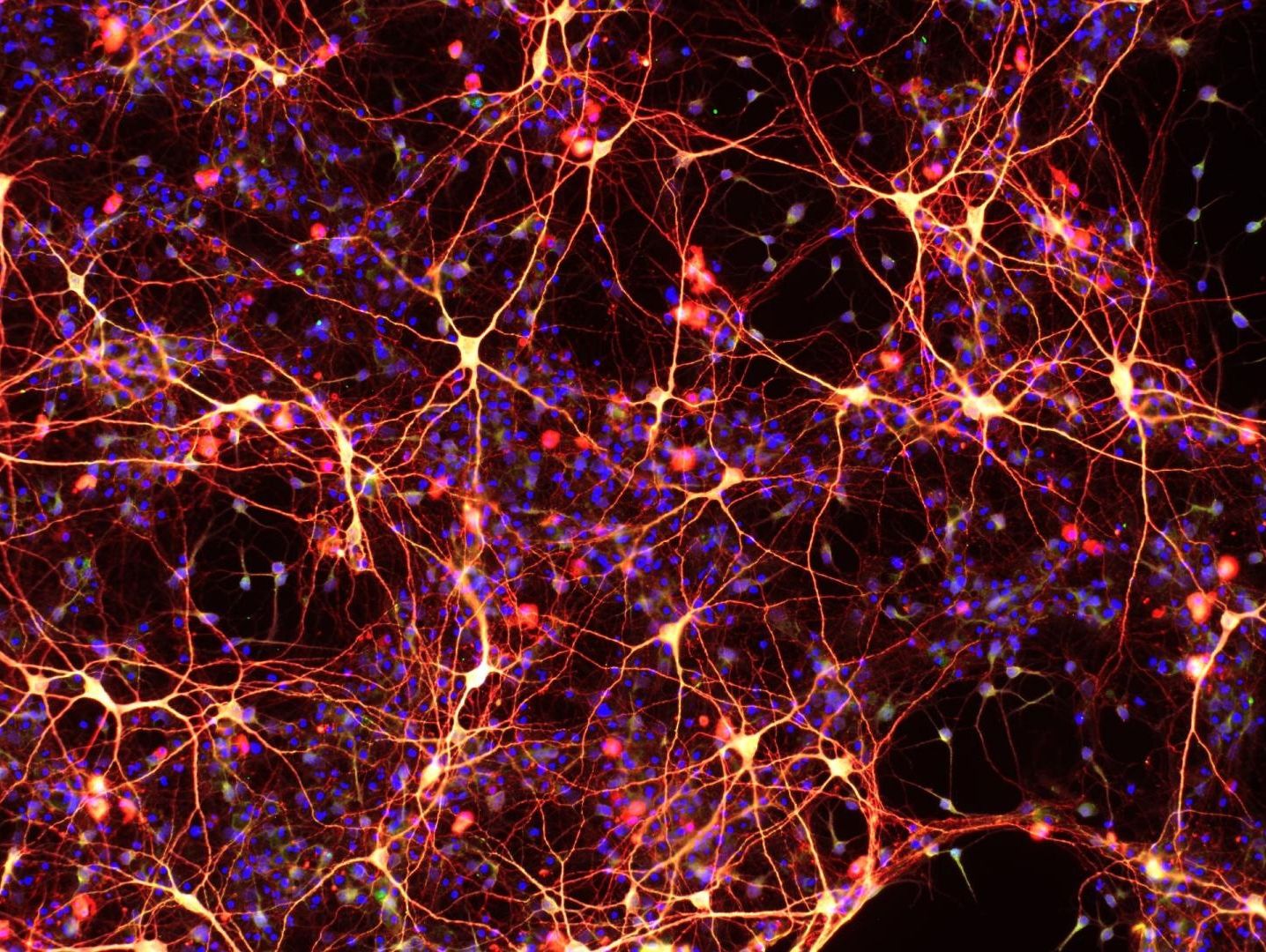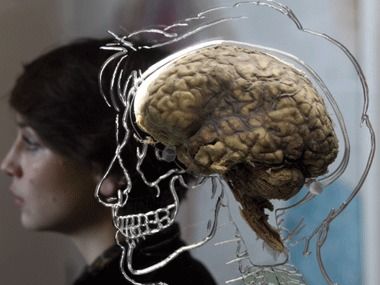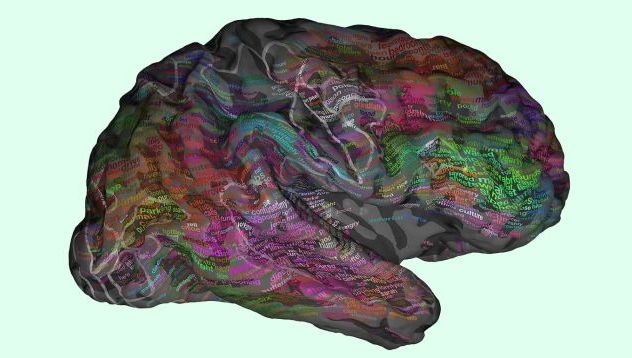May 2, 2016
The World’s Tiniest Light-Powered Engines Could Revolutionize Medicine
Posted by Sean Brazell in categories: biotech/medical, neuroscience
Nanomachines could revolutionize technology and modern medicine, if only we had viable power sources to make them move where we wanted them to go. Now scientists at the University of Cambridge have built the world’s tiniest engines, powered by light, as described in a new paper in the Proceedings of the National Academy of Sciences.
Dubbed “ANTs” (for actuating nano transducers), these itsy-bitsy devices could one day realize the vision of the 1966 classic film Fantastic Voyage, in which a miniaturized submarine crew travel through the body of an injured scientist to repair a blood clot in his brain—except there would be no need for shrunken human pilots. Like real ants, these nano engines can produce very large forces relative to their weight, according to lead researcher Jeremy Baumberg.
It works a bit like a spring mechanism. At the heart of the device are lots of charged gold nanoparticles, held together by a polymer gel that responds to changes in temperature. The gel is heated by zapping it with a laser. The polymer gel responds by expelling all its water in a fraction of a second and collapsing, much like coiling a spring. This stores elastic energy as the gold nanoparticles are smushed together into tight clusters.
Continue reading “The World’s Tiniest Light-Powered Engines Could Revolutionize Medicine” »
